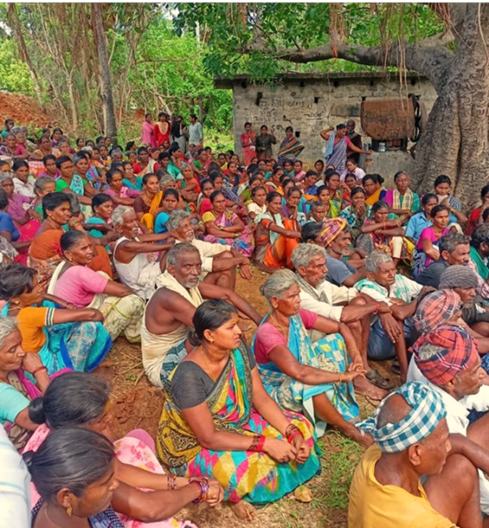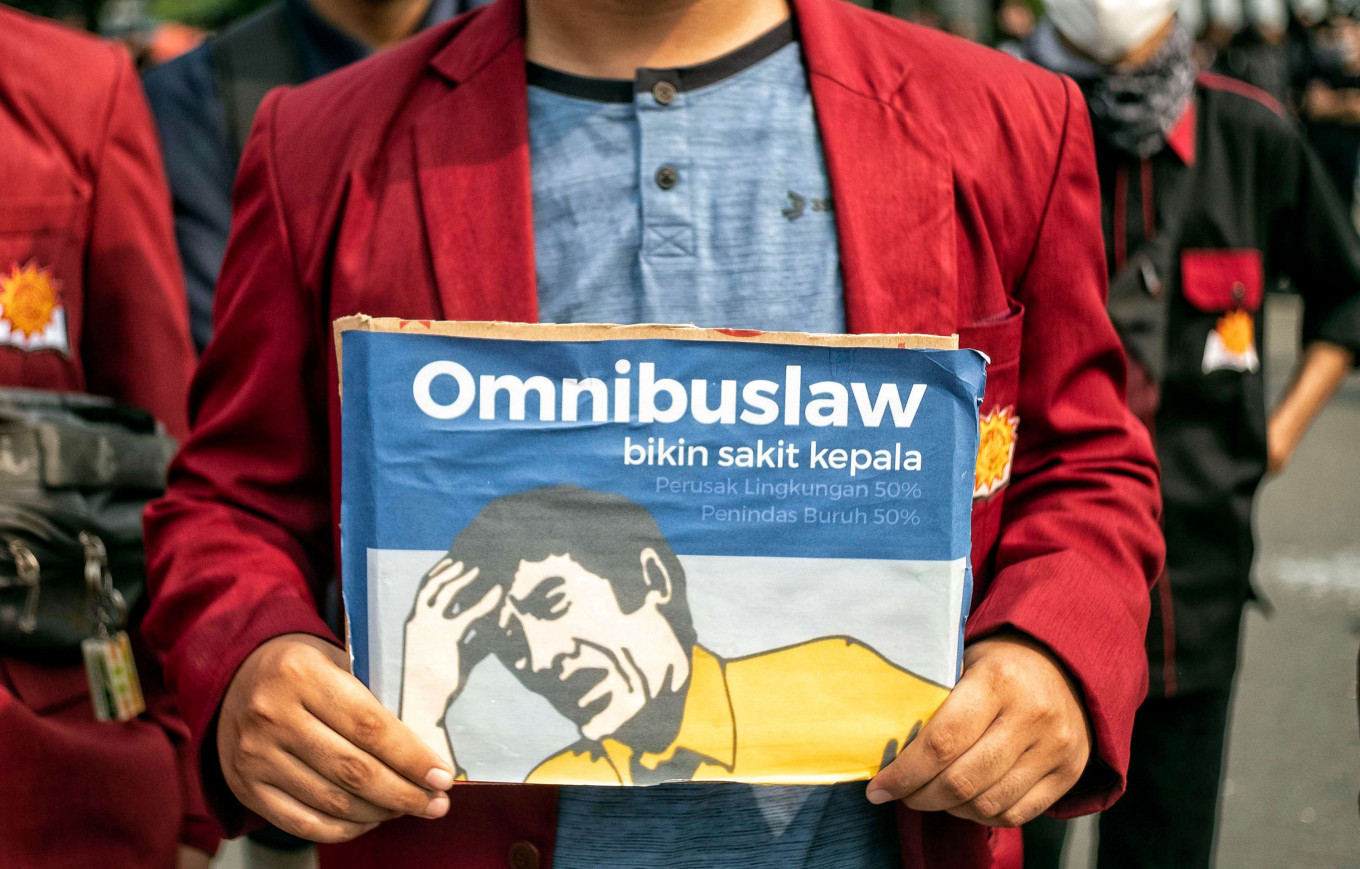My name is Laxmi Pradhan Shrestha, and I am a 44-year-old woman residing in Naikap in Kathmandu. As an active member of the Nepal Home Workers Union, affiliated with the Nepal Trade Union Congress (NTUC), my life has been a tapestry of struggles, growth, and resilience.
The Struggle for Workers’ Rights
When I first joined the home worker’s union, I was an ordinary woman from a regular family. Like many others, the income I earned through my work was barely enough to support my family. But being part of the union opened my eyes to the rights of workers. I realized that we deserved better—better wages, better working conditions, and better opportunities.
Balancing Union Work and Family
As I actively participated in various union activities—May Day rallies, meetings, and conferences—I faced a delicate balancing act. While I fought for workers’ rights, tensions arose at home. My in-laws, who lived with me, closely monitored my household affairs whenever I was away for union work. Conflicts ensued, but I persevered.
Skill Development and Income Generation
The union provided training on income generation and skill development. I seized this opportunity, eager to enhance my small-scale business. From knitting sweaters to making caps, spinning yarn, creating garlands, and preparing pickles at home, I honed my skills. Gradually, appreciation flowed in, and local shops started buying my products. I even sold my handmade items in Kathmandu’s bustling Asan area.
A Positive Shift in My LifeWith improved skills and growing confidence, my income began to rise. No longer solely dependent on my in-laws, I could better support my children’s education and maintain our health. Life took a positive turn. Recently, at the World Social Forum (WSF), our union supported me in setting up a stall to sell our products, providing additional income.
Navigating the Pandemic and engagement in Social Protection schemes
The COVID-19 pandemic posed challenges, but I adapted. My business weathered the storm, and I remained self-employed. The Nepalese government’s initiatives for social security among self-employed women like me give hope. We’ve expressed our desire to local government offices, advocating for our inclusion in these programs. Security and protection are essential for our well-being.
Looking Ahead
As I reflect on my journey, I am content. Yet, I look ahead with determination. The path to empowerment is ongoing. I dream of a future where self-employed women like me receive the support they deserve. Let us weave a stronger fabric of resilience, unity, and progress.


















